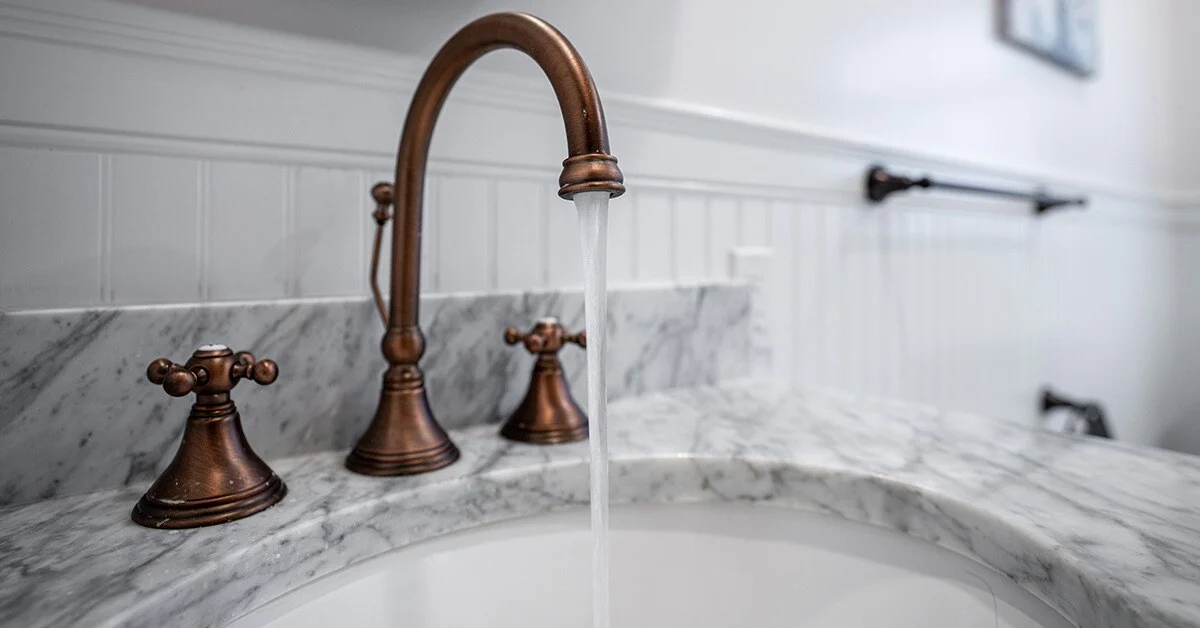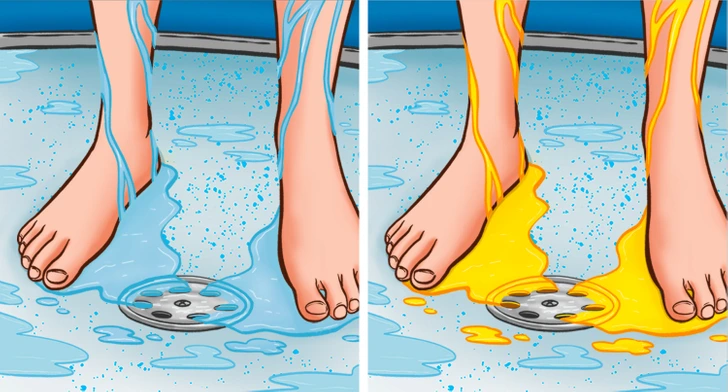Many of us have been in situations where we delay going to the restroom—whether it’s during a long meeting, a road trip, or simply because we’re too busy. While holding your pee occasionally might seem harmless, making it a habit can have serious consequences for your health. Your bladder is designed to store urine temporarily, but keeping it in for extended periods can put unnecessary strain on your urinary system and lead to various health issues.
In this article, we’ll explore why you shouldn’t hold your pee for too long and the potential health risks associated with ignoring your body’s signals.
1. Increases Risk of Urinary Tract Infections (UTIs)
Holding urine in your bladder for too long can encourage bacterial growth, which increases the risk of urinary tract infections (UTIs). Urine carries waste and bacteria that your body needs to eliminate, and delaying urination allows bacteria to multiply, leading to painful infections.
Why it matters: UTIs can cause symptoms such as burning sensations, frequent urges to urinate, and lower abdominal pain. In severe cases, untreated infections can spread to the kidneys, leading to more serious health issues.
2. Weakens Bladder Muscles Over Time
Regularly holding your pee can weaken your bladder muscles, making it harder for you to empty your bladder fully when you finally do go. Over time, this can lead to urinary retention, where the bladder doesn’t empty completely, increasing the risk of infections and bladder dysfunction.
Why it matters: A weakened bladder can result in long-term issues such as incontinence or difficulty controlling urination.
3. May Cause Bladder Overstretching
Your bladder is designed to expand as it fills with urine, but constantly holding it in can cause overstretching. When the bladder stretches too much, it may lose its elasticity, making it harder to contract properly and empty completely.
Why it matters: Over time, an overstretched bladder may lead to chronic urinary retention and a higher risk of infections.
4. Increases Risk of Kidney Problems
Holding urine for too long can put pressure on the kidneys, as they continue to produce urine even when the bladder is full. This can lead to conditions like hydronephrosis, where urine backs up into the kidneys, potentially causing damage and impairing kidney function.
Why it matters: Kidney damage can result in long-term health complications, including high blood pressure and kidney disease.
5. Leads to Pain and Discomfort
Ignoring the urge to urinate can lead to significant pain and discomfort in the lower abdomen and pelvic area. The pressure from a full bladder can cause cramping and an overall feeling of unease, affecting your ability to concentrate and perform daily activities.
Why it matters: Persistent bladder discomfort can impact your quality of life and productivity.
6. Can Increase the Risk of Incontinence
Frequent habit of holding in urine may weaken the pelvic floor muscles over time, which are essential for bladder control. Weak pelvic muscles can lead to urinary incontinence, causing leakage and an inability to hold urine properly.
Why it matters: Incontinence can be embarrassing and affect your confidence, leading to lifestyle changes and social discomfort.
7. May Cause Bladder Stones Formation
When urine stays in the bladder for extended periods, minerals and salts in the urine can start to crystallize, forming bladder stones. These stones can cause pain, difficulty urinating, and, in some cases, block the urinary tract.
Why it matters: Bladder stones can lead to serious complications, requiring medical treatment or surgical removal.
8. Affects Bladder Nerve Function
Your bladder relies on signals from the nervous system to alert you when it’s time to urinate. Constantly ignoring these signals can disrupt normal communication between your brain and bladder, leading to issues like bladder dysfunction or difficulty sensing when you need to go.
Why it matters: A disrupted nerve function can make it harder to recognize the need to urinate, increasing the risk of accidents.
9. Can Elevate Blood Pressure
A full bladder can trigger a stress response in the body, leading to a temporary increase in blood pressure. If you frequently hold your urine, it may contribute to long-term blood pressure fluctuations, especially for individuals with pre-existing hypertension.
Why it matters: High blood pressure is a significant risk factor for heart disease and other serious health conditions.
10. Increases the Risk of Urinary Reflux
When the bladder is too full, urine may flow back into the ureters (the tubes connecting the kidneys to the bladder). This condition, known as vesicoureteral reflux, can increase the risk of kidney infections and damage over time.
Why it matters: Urinary reflux can lead to long-term kidney complications if left untreated.
How Often Should You Empty Your Bladder?
On average, a healthy adult should urinate 6 to 8 times per day, depending on fluid intake and activity levels. If you find yourself holding urine frequently, try to make regular restroom breaks a priority, even if you’re busy.
Tips to maintain a healthy bladder:
- Drink plenty of water to stay hydrated and support kidney function.
- Avoid caffeinated or carbonated drinks that can irritate the bladder.
- Practice pelvic floor exercises to strengthen bladder control.
- Listen to your body’s natural signals and respond promptly.
Final Thoughts
While it may not always be convenient to take a restroom break, holding your pee too often can have serious long-term health consequences. From urinary infections to bladder dysfunction and kidney damage, ignoring your body’s signals is not worth the risk.
Prioritize your health by making time for regular bathroom breaks and staying mindful of your bladder’s needs. Taking small steps today can prevent major health issues down the line.











